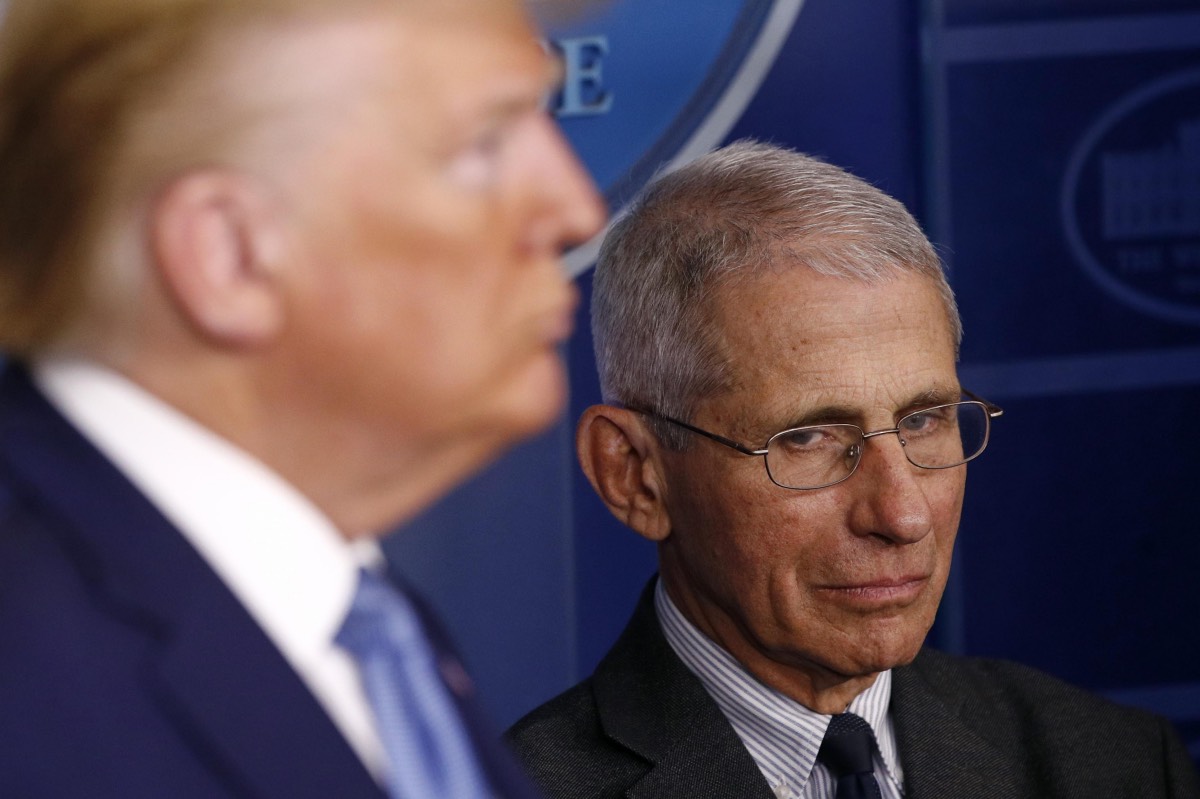The data from several cities in the United States show that the novel coronavirus appears to be infecting and killing black Americans at a disproportionately high rate.
African Americans have more existing medical issues, less access to health care, and are more likely to work in unstable jobs — all factors that have made the coronavirus pandemic disproportionately affect blacks more, CNN reports.
While everyone is susceptible to COVID-19, black Americans are at higher risk, surgeon general Dr. Jerome Adams said during an appearance on CBS on Tuesday, April 7, 2020.
“We have early evidence that we need to pay particular attention to race and ethnicity,” Harris said Tuesday.
Public health officials have known that conditions such as diabetes, hypertension, and asthma disproportionately affect African Americans, disproportionately said.
“Unfortunately, when you look at the predisposing conditions that lead to a bad outcome with coronavirus, the things that get people into ICUs that require incubation that often lead to death, they are just those very comorbidities.”
John Bel Edwards, the governor of Louisiana said on Monday, April 6, 2020, that, of the 512 coronavirus deaths so far, more than 70 percent were African American patients, who make up just 32 percent of the state’s population.
Chicago, too, has seen similar numbers: Among those for whom race-ethnicity is known, 72% of the city’s deaths have been among blacks, who make up just 30% of the city’s population.
“This new data offers a deeply concerning glimpse into the spread of COVID-19 and is a stark reminder of the deep-seated issues which have long created disparate health impacts in communities across Chicago,” said Chicago Mayor Lori Lightfoot.
Not Just African Americans, WHO Is Concerned About The African Continent
With more than 6000 COVID-19 cases reported in Africa, the virus is threatening fragile health systems on the continent. Infections are increasingly spreading not only between African countries but within different localities in the hardest-hit countries.
For instance, in the Democratic Republic of the Congo, where COVID-19 cases were at first confined to Kinshasa, now a handful of cases have been reported in the easternmost regions of the country that were until recently in the grip of an Ebola outbreak. In South Africa, all provinces have now reported cases. The outbreaks in Burkina Faso, Cameroon and Senegal are also widespread.
“Case numbers are increasing exponentially in the African region,” said Matshidiso Moeti, the World Health Organization, WHO, Regional Director for Africa “It took 16 days from the first confirmed case in the Region to reach 100 cases. It took a further 10 days to reach the first thousand. Three days after this, there were 2000 cases, and two days later we were at 3000.”
To contain COVID-19, many countries in Africa are implementing measures, which restrict gatherings and the movement of people. Nationwide lockdowns are in effect in Kenya, Uganda, the Republic of the Congo and elsewhere. However, governments must use these measures in a considered, evidence-based manner, and make sure that people can continue to access basic necessities.
As many people in the region live in crowded conditions or work in the informal sector and need to earn money daily to survive, it is important that countries make provisions to ensure that people can still access essential services. WHO is working closely with national governments and United Nations partners including the World Food Programme (WFP) to plan for these needs.
Dr Moeti and Ms Lola Castro, the WFP Regional Director for Southern Africa, addressed the restrictive measures during a virtual media briefing held today by the WHO Regional Office for Africa with the support of the World Economic Forum.
“For socially restrictive measures to be effective, they must be accompanied by strong, sustained and targeted public health measures that locate, isolate, test and treat COVID-19 cases,” Dr Moeti pointed out.
“It’s vital that ports continue to operate to receive food and other essential humanitarian cargo; that borders and roads stay open so it can be moved where it is most needed; and that distributions to vulnerable people are conducted safely,” said Ms Castro.
“It’s also crucial that the international community promptly provide the considerable funding needed to maintain and scale up assistance programmes.”
As well as ensuring basic needs are met, WHO is pursuing innovative solutions to the region’s pressing public health problems. On 1 April 2020, WHO hosted an online training session on the clinical management of COVID-19 cases. Nearly 500 attendees from across Africa logged in to learn about issues including case characterization and triage, treating severely ill cases, infection prevention and control, and how to quarantine and manage cases in the community. WHO also hosted a three-day ‘hackathon’, bringing together Africa’s brightest minds to find solutions to some of the problems COVID-19 has presented.
Hattip to Washington Post







